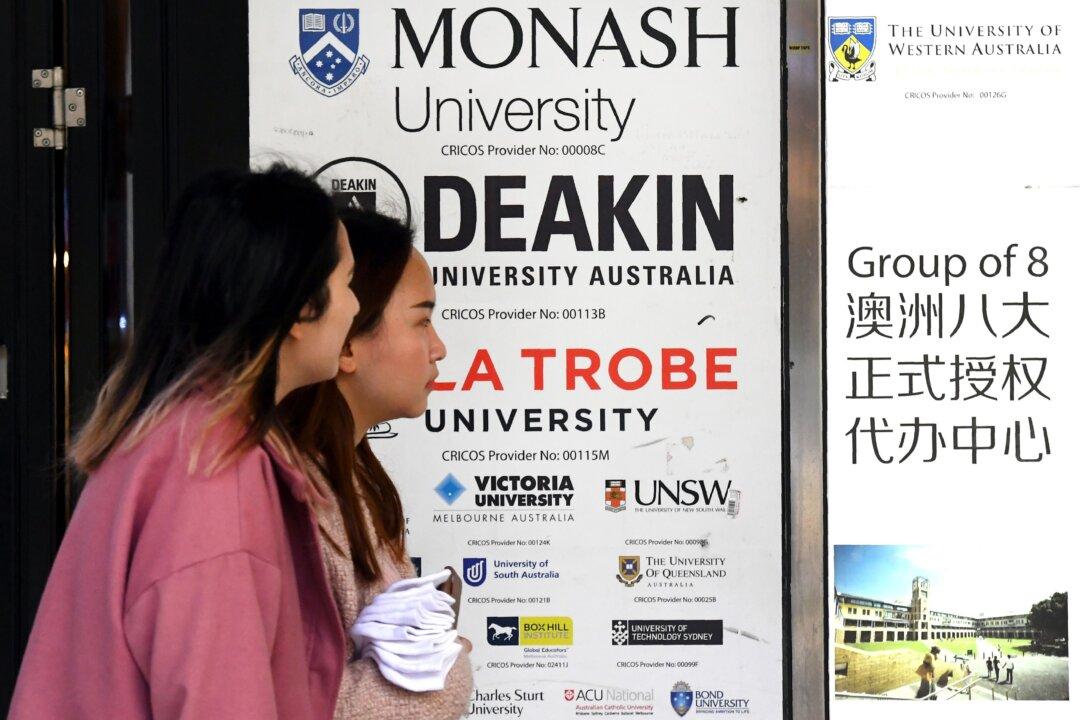Scammers are capitalising on the fear Chinese people have of the Chinese Communist Party and are trapping international students in New South Wales (NSW) while forcing them to act out fake kidnappings to extort their parents.
NSW Police say that in 2020 alone they have had at least eight “virtual kidnappings” reported to them and the scams have netted millions in ransom money.





